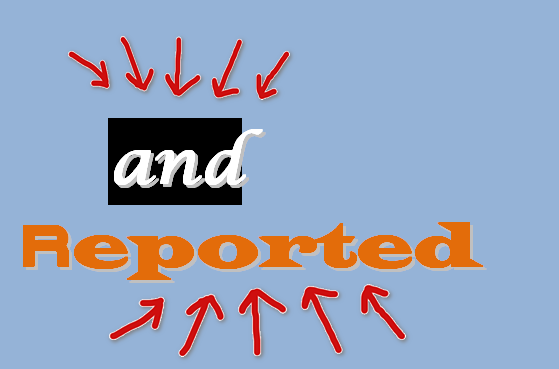
Did you know that there are 2 words that can save you money … but could leave you without insurance coverage later on?
Those two words are: “and reported”
That’s right. The seemingly small difference of having the words “and reported” appear in your Professional Liability insurance policy can have a huge impact on your business when it really matters: at the time of a claim.
We’ll talk about why this is a big deal in a moment.
But first, let’s briefly discuss:
“Occurrence” policies VS. “Claims-Made” policies
Some policies (such as your home and auto insurance policies) are “occurrence” policies.
In other words, the coverage provided by your home and auto insurance policies is triggered by the date of the event that causes the claim (the ‘event’ could be an automobile accident, a fire, theft, etc.).
However, most professional liability insurance policies – such as your Technology Errors and Omissions policy – are “claims-made” policies.
In a claims-made policy, coverage is triggered by the date you (the insured) first become aware of the possibility of a claim … which is usually when your client presents you with “an oral or written demand for monetary or non-monetary damages, including any judicial or administrative proceeding”.
Here’s where it gets interesting:
There are 2 types of claims-made insurance policies:
– The “claims-made” policy (aka “the pure claims-made policy”)
– The “claims-made AND reported” policy
The latter is the most commonly used and offered. It’s also LESS expensive …. but … keep reading …
What’s the difference?
A CLAIMS-MADE policy:
applies to claims that are made (to you, by your client) during the policy term ….. regardless of when the claim is reported to the insurance company.
You only need to report the claim to your insurance company “as soon as practicable” … and not necessarily during the policy term.
On the other hand, a CLAIMS-MADE AND REPORTED policy:
applies to claims made (to you, by your client) and reported to the insurance company during the policy term (or a short grace period after the policy term).
What’s the big deal?
Do you take an active role in resolving or settling client disputes? Would you try to work things out with a client before reporting a potential or actual claim to your insurance company?
Understandably, businesses will try to satisfy their clients, and will do all that’s possible to resolve issues before resorting to legal defense and/or making insurance claims.
Sometimes that works.
Unfortunately, in many cases the only outcome from all the “back-and-forth” interactions with clients is delays in the reporting of the claim to the insurance company.
Those delays are dangerous.
If you have a “claims-made and reported” policy – and you become aware of a possible claim – you must report it to your insurance company BEFORE the current term expires.
Notice that I said: “before the current term expires”.
But what if you renew the policy with the same insurance company? Doesn’t doing so extend the ‘reporting period’ into the next term?
Nope.
If you have a “claims-made and reported” policy – and you become aware of a possible claim – simply renewing your policy with the same insurance company does not eliminate the need to report the claim within the policy term.
In a study conducted by Chubb Insurance, they found that for 420 information and network technology Errors & Omissions claims that were reported to Chubb after the policy term had expired, the average delay in reporting the claim was 483 days …. after the expiration of the policy!
Under a “claims-made and reported” policy there would have been NO coverage for those claims.
It is obvious that the pure claims-made policy offers better protection, usually at higher premium. But not all technology businesses need it, which is why you may need to take some time to think through your claims-handling process and perhaps avoid paying too much for a coverage trigger that you don’t need.
What type of Professional Liability policy do you have: “claims-made” or “claims-made and reported”?
If you’re not 100% sure, contact your broker right away to find out, and ensure you understand when and how claims need to be reported
Why is this topic important?
Because the most commonly offered, most commonly used (and sometimes the only kind available to you) is the “claims-made and reported” type of policy.
For that reason, please, check to see what type of Professional Liability policy you have, and ensure you understand when and how claims need to be reported.
The few minutes you invest understanding this now, could save you thousands, or even millions, in the future.
